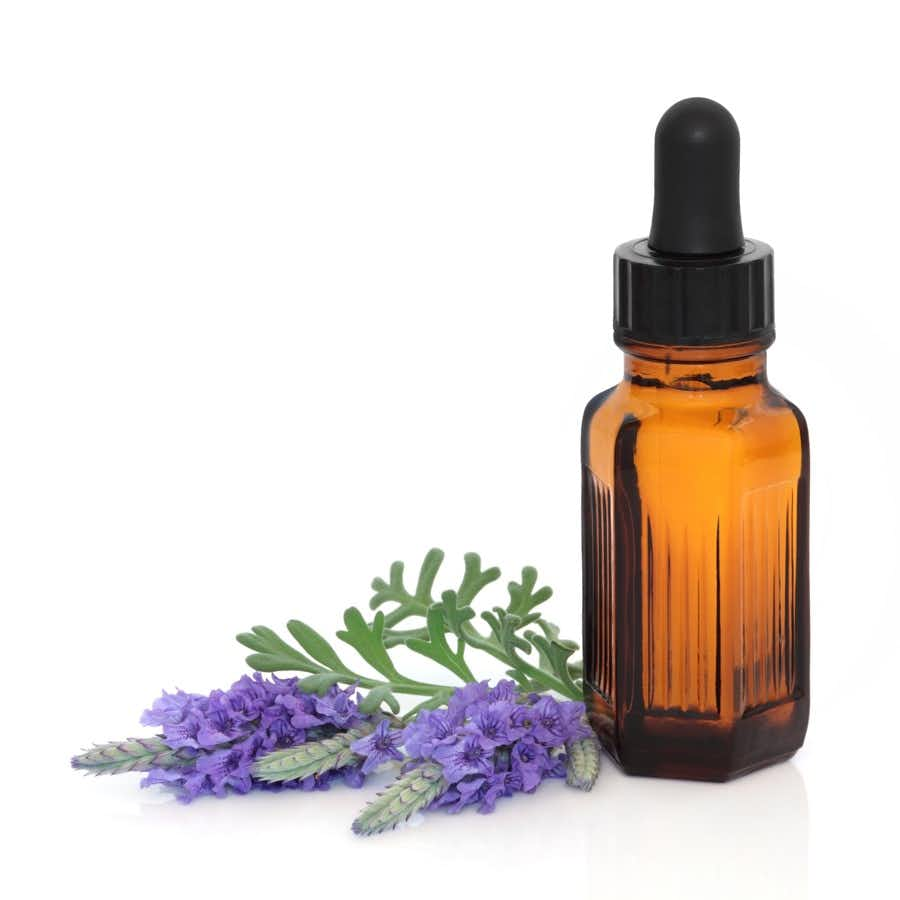
Scientists at the University of California, Irvine, have made a fascinating discovery (PNAS, Sep. 30, 2019). They have identified the mechanism by which some traditional herbal medicines lower blood pressure. In an intriguing twist, the botanicals they examined come from around the world and are not related to each other.
Herbal Medicines Lower Blood Pressure Through Potassium Channels:
Humans have been using plants to treat their ailments since before recorded history. While traditional medical systems in China and India did not have a diagnostic category of hypertension, practitioners treated syndromes we would associate with high blood pressure. The researchers at UC-Irvine compared herbs used to lower blood pressure to those used for other purposes.
They used extracts of lavender (Lavandula angustifolia), chamomile (Matricaria chamomilla), basil (Ocimum basilicum), oregano (Origanum vulgaris) and fennel (Foeniculum vulgare). In addition, they analyzed extracts of marjoram (Origanum majorana), thyme (Thymus vulgaris), ginger (Zingiber officinale) and two Chinese herbs, Sophora flavescens and Sophora tonkinensis. All these herbal medicines lower blood pressure. The scientists compared them to herbs not believed to lower blood pressure, including spearmint (Mentha spicata), tarragon (Artemisia dracunculus), wheatgrass (Triticum aestivum) and parsley (Petroselinum crispum).
Potassium Channels Relax Blood Vessels:
In the laboratory, all the botanicals used for hypertension activate a specific potassium channel called KCNQ5. This potassium channel is able to make blood vessels relax, lowering blood pressure. The small molecule aloperine is responsible for this activity in the Chinese herb Sophora flavescens. In contrast, none of the herbal medicines used for comparison had any effect on KCNQ5.
No modern antihypertensive drugs use this mechanism of action. The investigators don’t recommend herbal medicines to lower blood pressure. They believe, however, that further research on this and related potassium channels might yield some new approaches to keeping blood pressure under control.
Citations
- Manville RW et al, "KCNQ5 activation is a unifying molecular mechanism shared by genetically and culturally diverse botanical hypotensive folk medicines." Proceedings of the National Academy of Sciences, Sep. 30, 2019. doi/10.1073/pnas.1907511116

